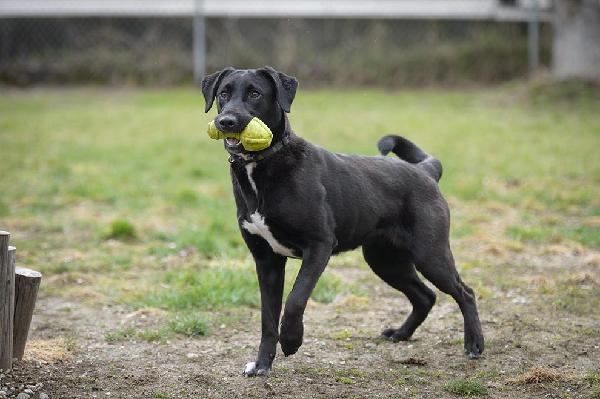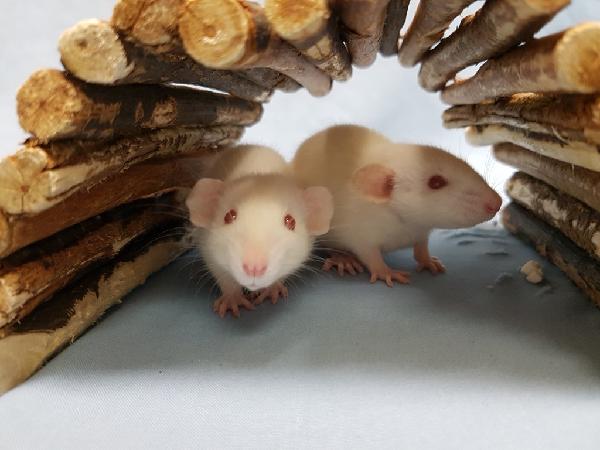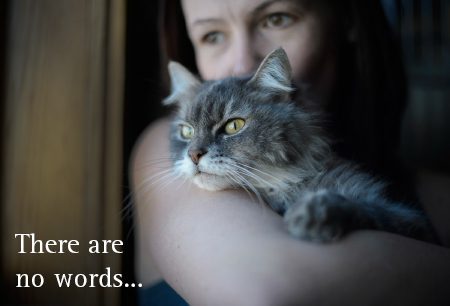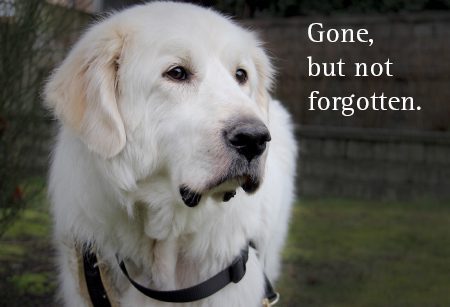The BC SPCA is opposed to the use of wild and exotic animals as circus performers or in traveling exhibitions. Although most of the animals used in such shows are captive-bred, they retain the natural instincts of their species and have unique care and welfare needs. Many wild and exotic animals in such acts may also pose a threat to public safety and to themselves and other performing animals.
The use of domestic animals in traveling performances, exhibits and petting zoos is only acceptable if:
- the Five Freedoms are ensured for all animals involved, including breeding animals and animals that have been retired from the activity;
- humane training and transport methods are used;
- risk of injury is low;
- their portrayal is not demeaning toward the individual animal or the species.
Providing the Five Freedoms to any captive wild or exotic animal is very challenging, and the transitory nature of circuses and exhibitions makes it impossible to ensure that the physiological, emotional, and behavioural needs of the animals are consistently met. The training methods used to make wild or exotic animals perform tricks contrary to their nature are often inhumane, inflicting both physical and emotional pain and suffering. Temporary and unsuitable housing, long transportation times and poor transportation conditions are all serious concerns faced by traveling animal acts.
Approved by the Board of Directors – October 2010
Background
In British Columbia, the Controlled Alien Species (CAS) Regulation under the provincial Wildlife Act requires that any circus or traveling exhibition with a designated exotic animal apply for a CAS permit to enter the province and publicly display the animal at least 60 days before the event. A permit from the Provincial Government may be issued if conditions for a Public Safety Plan, Enclosure Plan and Animal Welfare Plan can be met.
In addition, certain BC municipalities have enacted bylaws which prohibit or regulate the sale, ownership or exhibition of a variety of species of wild and exotic animals, and which may supersede provincial regulations.
Background Updated – October 2010
Definitions
Exotic animals: Species that are non-domesticated, non-indigenous wild animals, whether captured from the wild or captive-bred.
Wild animals: Species that have not been domesticated. Wild animals have evolved in complex ecosystems resulting in mutual interdependencies with other animals and the surrounding environment. Wild animals may be exotic or indigenous, and wild-born or captive-bred.
Five Freedoms: A concept first developed in 1965 by The Brambell Committee, formed by the UK government to examine the conditions on commercial farms. Now internationally recognized, the Five Freedoms are considered applicable to all animals.
The BC SPCA’s Five Freedoms (adapted from the original list) are:
- Freedom from hunger and thirst;
- Freedom from pain, injury and disease;
- Freedom from distress;
- Freedom from discomfort;
- Freedom to express behaviours that promote well-being.
The BC SPCA’s Five Freedoms form the basis of the Society’s Charter and describe conditions that must be fulfilled in order to prevent the suffering of all animals in human care. The Society acknowledges that these freedoms are not enforceable and that absolute provision of these freedoms may not be possible, but strongly encourages all animal guardians to strive to provide them.





